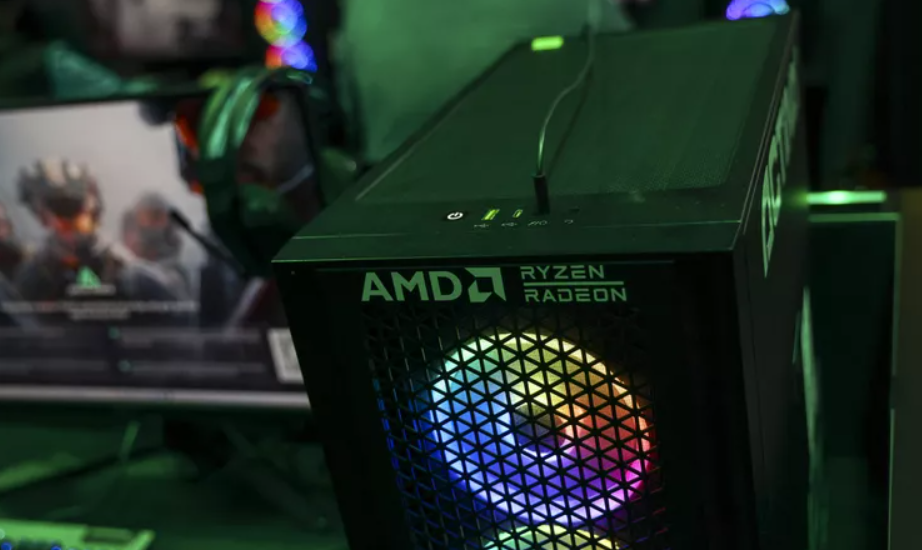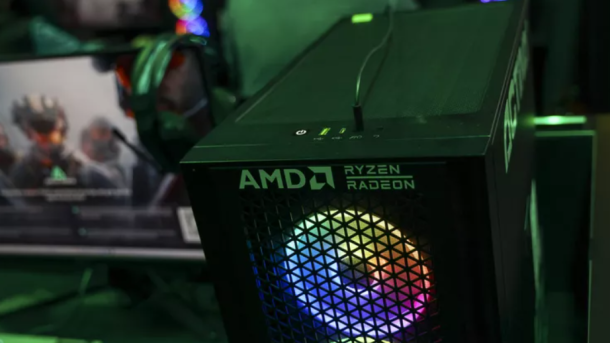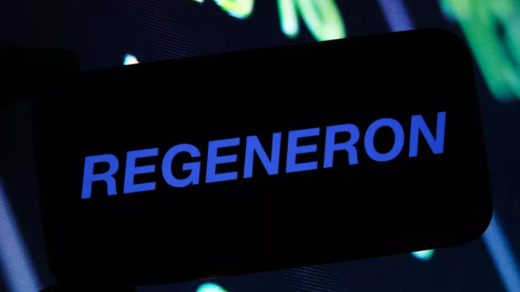AMD MI308 Export Restrictions: AMD is set to release its quarterly earnings report after market close on Tuesday. Amid growing concerns over U.S. chip export restrictions, the company faces potential challenges from the tightening of regulations, particularly concerning its MI308 chips. These AMD MI308 export restrictions have already led analysts to revise their price targets. Bank of America Securities, for instance, lowered their price forecast from $110 to $105, labeling the new licensing requirements as an “effective shipment ban” on these chips. In response, AMD warned that the restrictions could lead to charges as high as $800 million if they fail to secure the necessary licenses to continue shipments.
Despite these potential setbacks, AMD remains optimistic about its overall growth, buoyed by its strong performance in AI-related sales. The global demand for AI infrastructure has become a crucial area of focus for hyperscalers like Meta, Microsoft, and Alphabet, all of which have made substantial capital expenditure plans for AI development this year. Citi analysts highlighted that even with AMD MI308 export restrictions, the continuing boom in AI spending is expected to offset some of the risks posed by these export controls.

AMD MI308 Export Restrictions and Analyst Predictions
Several analysts have revised their expectations for AMD’s stock price, with Deutsche Bank lowering their target from $120 to $105, and Wedbush Securities following suit with a drop from $150 to $115. While these adjustments are concerning, it’s important to note that analysts are still projecting a 25% upside for the stock, with a consensus target of $123.50. Despite a significant decline in AMD’s stock price this year, analysts remain cautiously optimistic, with half of the tracked analysts maintaining a “buy” rating.
The Broader Impact of AMD MI308 Export Restrictions on AI Investment
The AMD MI308 export restrictions come at a time when AI infrastructure spending is surging across the tech industry. Meta has committed to a capital expenditure range of $64 billion to $72 billion, while Microsoft and Google are also ramping up their investments, allocating $80 billion and $75 billion, respectively, toward AI. These figures illustrate the ongoing, robust demand for AI-related products, which could help mitigate some of the financial challenges caused by the tightening export regulations. Analysts believe that AMD, despite facing MI308 export restrictions, remains in a strong position to benefit from the broader AI market boom.
Source: www.investopedia.com



